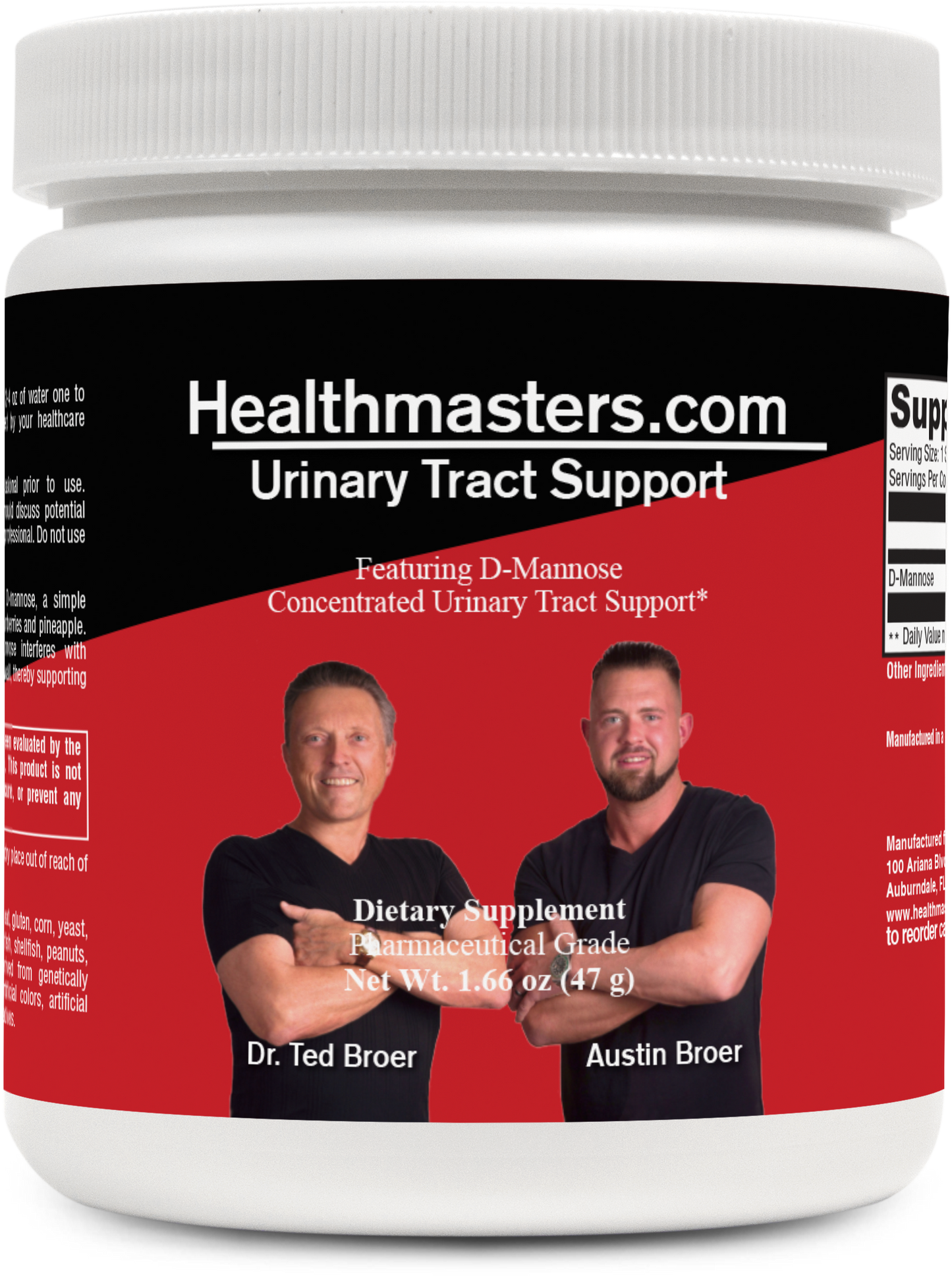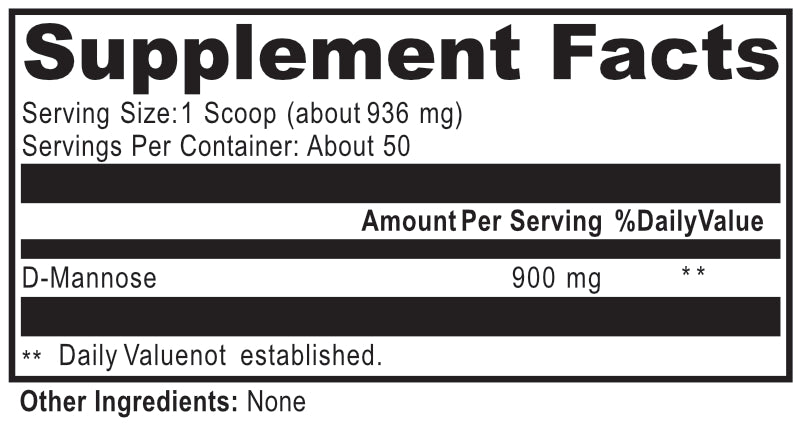

__ Say Goodbye to Discomfort – Feel the Relief with Urinary Tract Support! __
__ Unlock Powerful, Natural Relief for Your Urinary Health __
Are you tired of worrying about your urinary tract health? Don't let discomfort slow you down any longer! Urinary Tract Support is here to give you the peace of mind you deserve with a natural, effective solution that works fast. Feel the difference in as little as 24-48 hours! ___
__ Powered by D-Mannose – Your Ultimate Ally for Urinary Health __
Our formula features concentrated D-mannose, a natural sugar found in fruits like cranberries and pineapples, but packed with ten times the power of cranberry juice! Research shows D-mannose supports your body's ability to flush out unwanted particles from the urinary tract, giving you a clean, healthy environment without harming the good bacteria your body needs. ____
__ Supports Healthy Urinary Tract Function __
The key to a healthy urinary tract is protection against lectins – sticky proteins that help certain organisms attach to the walls of your bladder. Urinary Tract Support helps block these lectins, naturally promoting a flush that keeps your urinary tract functioning smoothly. Say hello to a healthier, more comfortable urinary system! ____
__ Why Choose Urinary Tract Support?
D-mannose concentration far exceeds that of cranberry juice for fast, effective results
Supports the body's natural cleansing process—no harmful bacteria killed
Feel the effects within 24-48 hours of use
Natural, non-toxic solution—safe for long-term use
50 servings per container—great value for your health
_ Ideal for EveryoneWhether you're dealing with occasional discomfort or looking for a natural way to keep your urinary tract in top shape, Urinary Tract Support is the easy, effective solution you've been searching for!
__ Ready for Relief? Grab your Urinary Tract Support today and get back to feeling like yourself – fast, naturally, and with confidence! _
The Healthmasters Standard
GMP Certified
Facility
Proudly Made
in the USA
Non-GMO
Certified Formula
Gluten-Free &
Soy-Free
Third-Party
Lab Tested
No Artificial
Additives
or Preservatives

